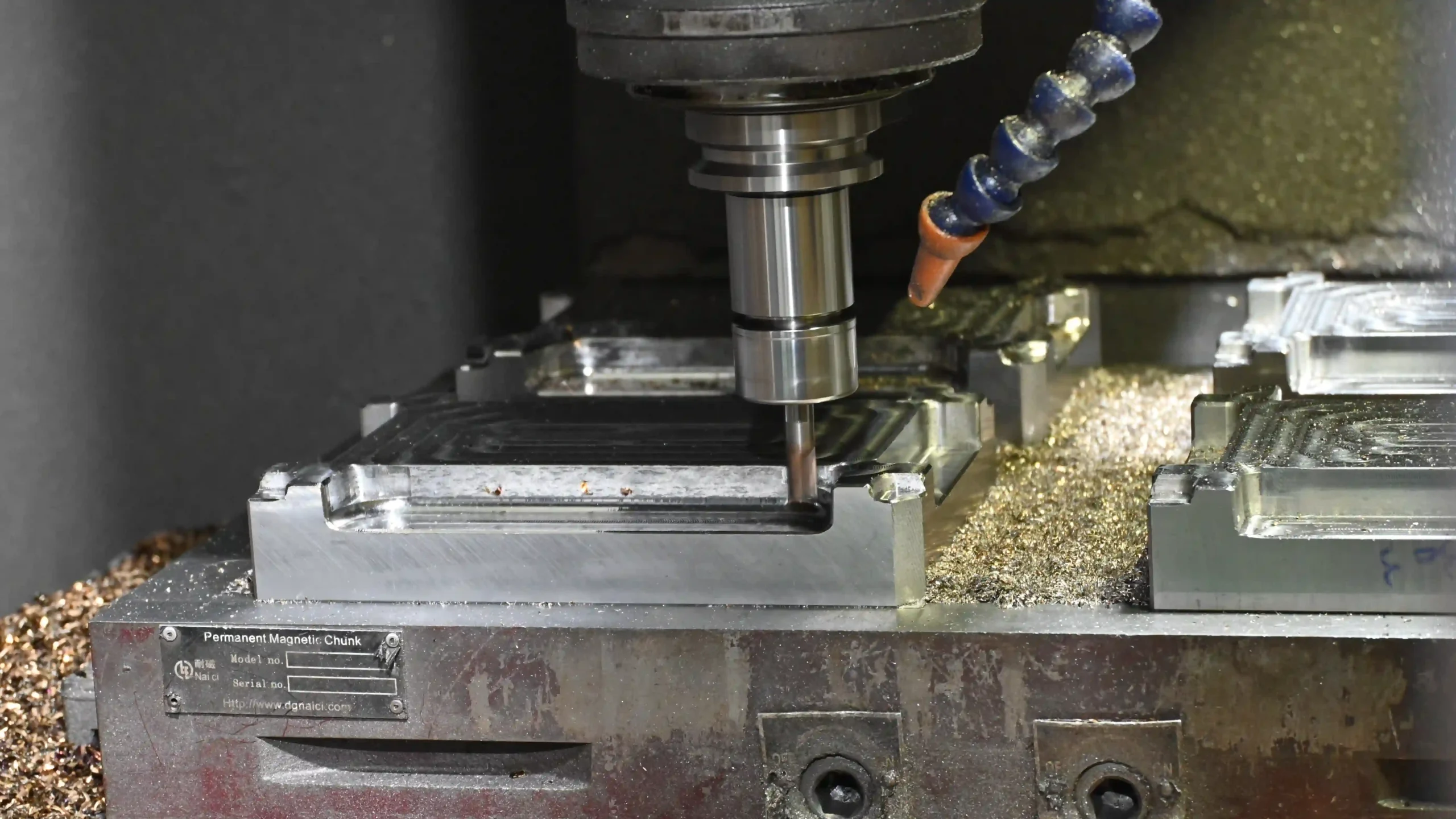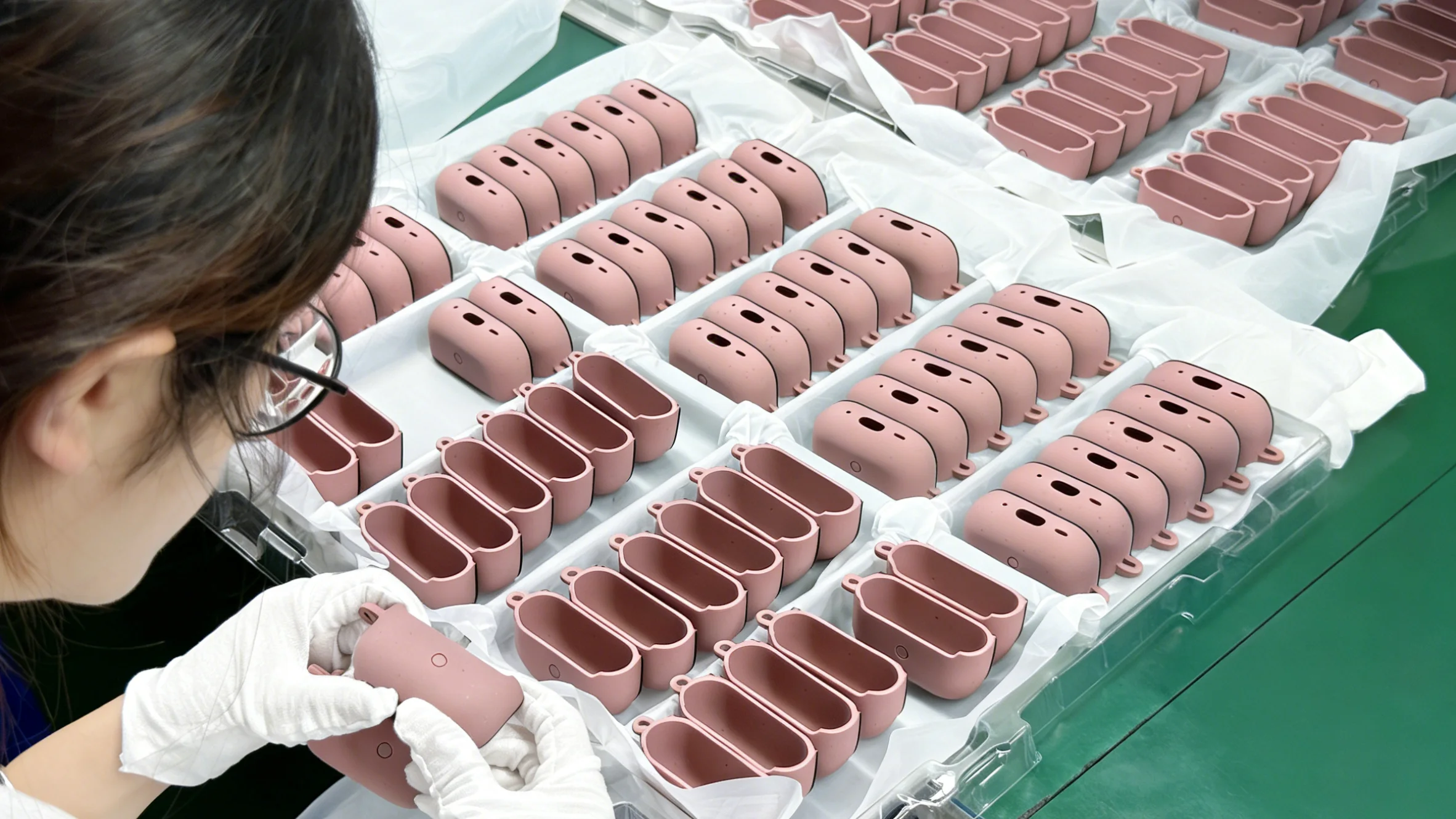Introduction
Table of Contents
ToggleIn the competitive landscape of premium smartphone accessories, silicone phone cases have emerged as a top choice for brands targeting discerning consumers in Europe and North America. Their appeal lies in a unique combination of tactile comfort, durability, and design versatility. However, producing silicone cases that meet high-end market demands—such as resistance to yellowing, compliance with strict regulations, and flawless aesthetics—requires more than basic manufacturing. This guide explores the challenges brands face and how advanced injection molding and mold making expertise can turn these challenges into competitive advantages.
The Problem: Key Challenges in Premium Silicone Case Production
For brands committed to quality, the road to delivering exceptional silicone phone cases is fraught with obstacles:
1. Material Degradation and Yellowing
Issue: Low-grade silicone often yellows within months due to UV exposure or oxidation, eroding the premium look consumers expect.
Impact: A 2023 survey found that 68% of European consumers return cases due to discoloration, costing brands up to 15% in annual revenue.
2. Regulatory Compliance Risks
Issue: EU REACH and California Prop 65 require silicone to be free of phthalates, heavy metals, and harmful additives. Non-compliant batches risk recalls and fines.
Impact: One Nordic brand faced a $250k recall after failing Prop 65 screenings for trace nickel content.
3. Design Complexity and Consistency
Issue: Intricate textures (e.g., marble, leather-like finishes) demand micron-level mold precision. Poor tooling leads to air traps, uneven surfaces, or flashing.
Impact: A luxury brand lost 20% of its holiday sales due to delayed shipments caused by mold defects.
4. Sustainability Expectations
Issue: Eco-conscious consumers demand recyclable or biodegradable materials, but traditional silicone recycling is energy-intensive.
Impact: 55% of U.S. buyers prioritize sustainability, yet only 30% of silicone cases meet recyclability standards.
The Solution: Precision Engineering for Premium Results
To address these challenges, leading phone case manufacturers leverage cutting-edge technologies and rigorous processes:
1. Advanced Material Science
Anti-Yellowing Formulations: Medical-grade silicone infused with UV stabilizers (e.g., hindered amine light stabilizers) retains clarity 3x longer than standard options, as proven by QUV accelerated aging tests (ΔYI < 2.0 after 1,000 hours).
Certified Safety: FDA 21 CFR and LFGB-compliant materials ensure zero toxicity risks, even with prolonged skin contact.
2. Precision Mold Making
5-Axis CNC Machining: Achieves mold tolerances of ±0.02mm, critical for replicating fine textures or ultra-thin designs (1.2mm thickness).
Modular Molds: Swappable inserts enable rapid adaptation to new phone models (e.g., iPhone 15 to 16), reducing retooling time by 70%.
3. Sustainable Production Practices
Closed-Loop Systems: Recycle 95% of silicone scraps into raw material, minimizing waste.
Bio-Based Alternatives: Plant-derived silicone (30% renewable content) offers a greener option without sacrificing durability.
4. Diverse Product Offerings
Ultra-Slim Cases: Reinforced edges (Shore A 60 hardness) provide drop protection without bulk.
Anti-Microbial Cases: Silver-ion additives inhibit 99.9% of bacteria growth, ideal for healthcare or travel markets.
Eco-Conscious Cases: 100% recyclable silicone paired with biodegradable packaging aligns with EU Green Deal goals.
Results: Delivering Value Beyond Compliance
Brands that prioritize quality-driven manufacturing report measurable outcomes:
Lower Return Rates: Reduced from 15% to 3% due to improved durability and aesthetics.
Higher Repurchase Rates: 65% of customers repurchased the same case, citing long-term satisfaction.
Faster Time-to-Market: Modular molds cut development cycles from 12 weeks to 4 weeks for new designs.
Sustainability Credentials: Achieved EPEAT Silver certification for 30% recycled content cases.
Client Perspective
“Switching to a manufacturer with ISO 9001-certified processes was transformative. Our silicone cases now exceed EU compliance standards, and the anti-yellowing technology has slashed returns. It’s a partnership that pays dividends in customer trust.”
— Product Manager, European Lifestyle Brand
Conclusion: Why Quality Matters in Premium Markets
For brands targeting Europe and North America, silicone phone cases are more than accessories—they’re statements of quality and innovation. By partnering with a phone case manufacturer that prioritizes precision engineering, material science, and sustainability, brands can:
Avoid Costly Mistakes: Mitigate recalls and returns through rigorous compliance and testing.
Build Loyalty: Deliver products that retain their premium look and functionality over time.
Stay Competitive: Adapt quickly to design trends and regulatory shifts.
Ready to Elevate Your Silicone Phone Case Quality?
Contact YG team to discuss custom solutions for your brand.


